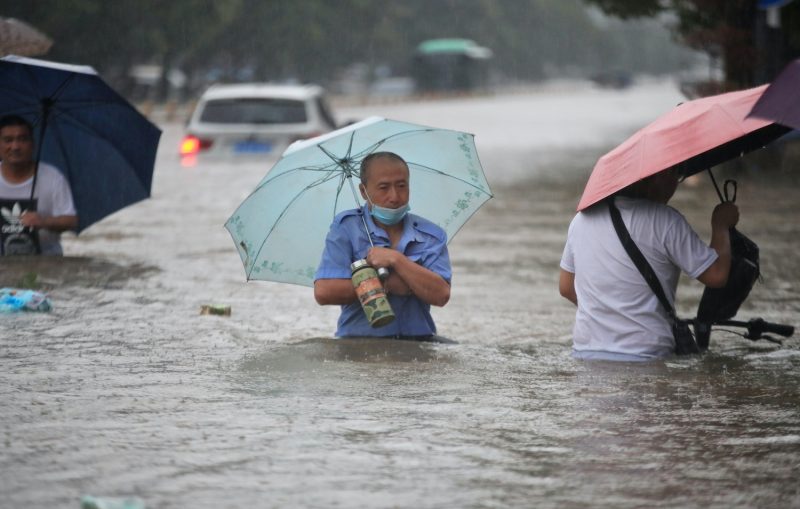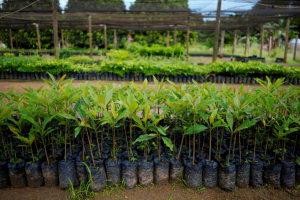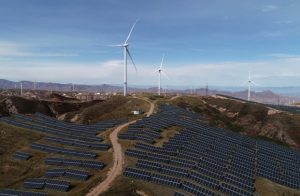Mistrust between nations fuelled by the spread of misinformation online is putting at risk efforts to deal with the issue of climate change.
That’s the view of UN Secretary General António Guterres, who issued the warning ahead of a two-day, climate-themed “Summit for the Future”.
“International challenges are moving faster than our ability to solve them,” Guterres told leaders at the summit. “Crises are interacting and feeding off each other – for example, as digital technologies spread climate disinformation, that deepens distrust and fuels polarisation.”
Also on AF: TSMC, Samsung Tight-Lipped on UAE Mega Chip Plants Claims: WSJ
National leaders had adopted a “Pact for the Future” at the summit aimed at ensuring and increasing cooperation between nations, with many calling for urgent access to more climate finance.
And Prime Minister Mia Mottley of Barbados echoed Guterres’ warning and urged a “reset” in how global institutions are governed so they can better respond to crises and serve those most in need.
“The distress in our institutions of governance, the mistrust between the governors and the governed, will continue to foster social alienation the world over at the very time that we need to find as many people as possible to shape a new world,” Mottley said.
Climate summits and events like Climate Week, held alongside the UN General Assembly, have taken on a more urgent tone in recent years as rising temperatures fuel increasingly extreme disasters like heatwaves and storms.
Some observers to climate negotiations regretted that the global pact adopted Sunday morning by the General Assembly did not go further than last year’s COP28 summit in Dubai in affirming a commitment to transition away from fossil fuel use.
Countries are showing “collective amnesia” about the need to tackle these polluting fuels, said Alden Meyer, a senior associate at the climate think tank E3G.
COP29 Baku Climate Summit
Leaders have also been grappling with a more urgent challenge on the climate agenda. There are just two months left until the UN’s COP29 climate summit in Baku, Azerbaijan, leaving little time for agreeing on a new global finance target to replace the annual $100 billion pledge that expires in 2025.
With some UN agencies estimating the annual financing need in the trillions, leaders are looking beyond their own budgets for ways to boost climate cash.
The World Bank and other multilateral development banks are undergoing reform processes this year, which could see them making more funding available or taking on more climate-related risk.
Under an initiative led by Barbados, France and Kenya, countries also continue to discuss imposing new global taxes to help pay for climate finance, such as a financial transaction tax or a shipping tax.
Commonwealth Secretary General Patricia Scotland noted that some of the world’s poorest countries were now facing climate-fueled disasters along with an increased debt burden.
“We have to do more to understand the fundamental unfairness of the debt crisis that most of our developing countries are going through,” Scotland told Reuters. “The development banks and the World Bank have to step up to that reality.”
- Reuters with additional editing by Sean O’Meara
Read more:
Governments Spend $2.6tn on Climate-Harming Support – Guardian
US, China ‘Narrow’ Gap on Climate Finance, Plan Methane Talks
Bold Climate Action Can be Great for Business, Study Finds
Climate Change ‘Fuelled’ Rain That Led to Fatal Indian Landslides
China, India Ask Rich Nations For ‘Trillions’ in Climate Finance























